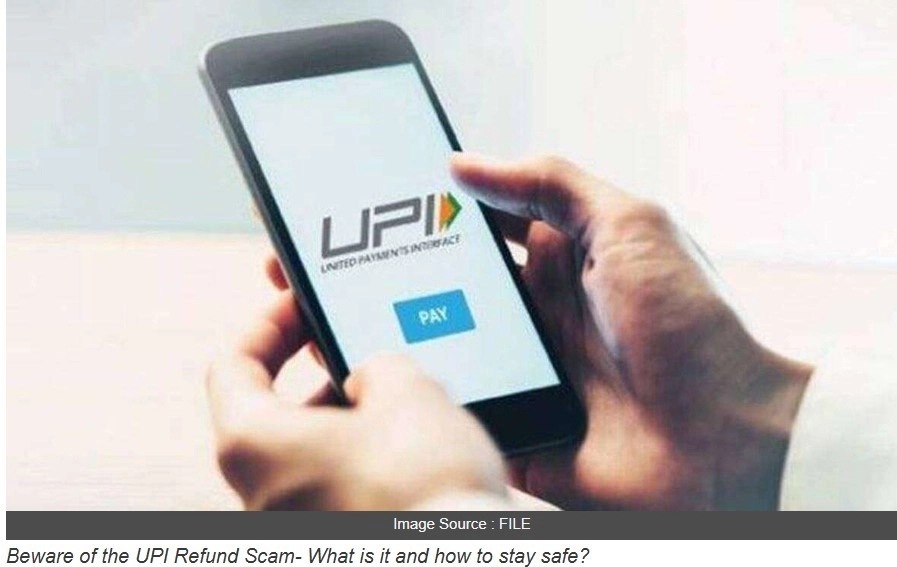
UPI scams have escalated and if you ever get a text message from an unknown source claiming that they have transferred money, then you need to be alert. This UPI-based refund scam is spreading like wildfire and people are losing money frequently. Here is everything you need to know.
UPI (Unified Payment Interface) has quickly become the primary tool for online payments in India, with transactions multiplying significantly in the last eight years. Unfortunately, this surge has also caught the attention of scammers who now target UPI users through fraudulent 'UPI refund' schemes. Recent reports indicate that many unsuspecting individuals have fallen for deceptive messages, losing their hard-earned money.
UPI usage soars, scams on the rise
How does the UPI Refund Scam work?
- As per the reports, the scammers are using social engineering tactics to deceive victims. They often send messages which appear as authentic UPI transactions.
- Typically, the scammer will pose as someone who has mistakenly transferred funds to your account.
- They may claim that the extra money was sent was intended for a family member, creating a sense of urgency.
- The fraudster will then request you to return the ‘extra’ amount by sharing their UPI details and trick the victims into transferring money.
Warning signs to spot fake UPI refund messages
Receiving a suspicious UPI refund message? Stay alert.
- Fraudulent messages may often come from unknown mobile numbers instead of official bank or service provider numbers.
- Real messages from banks are usually sent through designated numbers registered with telecom operators.
- Smartphone users must always verify the details of the sender, before taking any action.
Double-check UPI transactions in the app
If you receive a message that claims that you have received a UPI transfer, verify it through your UPI app by opening and checking your account balance.
Check your transaction history in apps like PhonePe, Paytm or Google Pay. If the transaction does not appear in your history, it is a strong indication that you are dealing with a scammer.
What to do if you suspect a scam
- Do not panic: Scammers will often mention known contacts to create panic and catch you off-guard.
- Report suspicious activity: India’s Ministry of Home Affairs has further launched the Chakshu portal and a cybercrime helpline at 1930. You can report fraudulent messages, calls, or UPI numbers through these channels.
- Stay informed: Understanding how UPI scams work is key to protecting yourself and others from falling victim to these tricks.
With simple precautions and a few verification steps, you can safely navigate UPI transactions and avoid falling prey to fraud.
